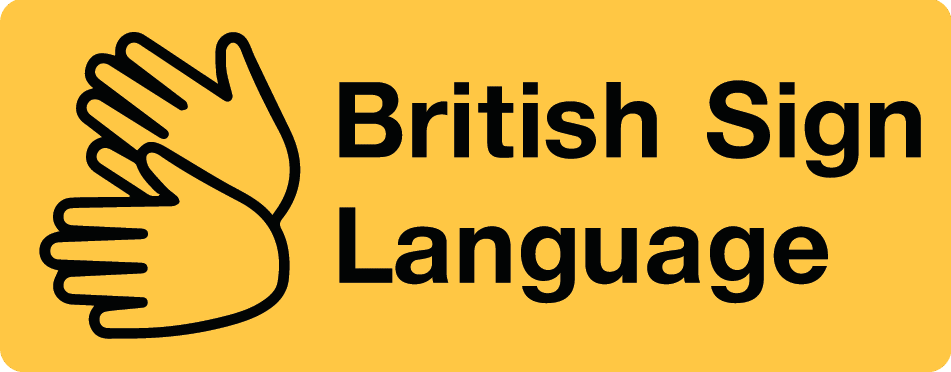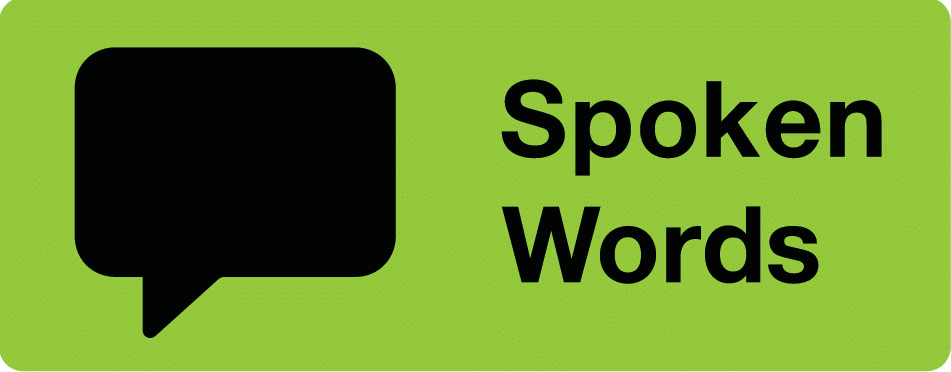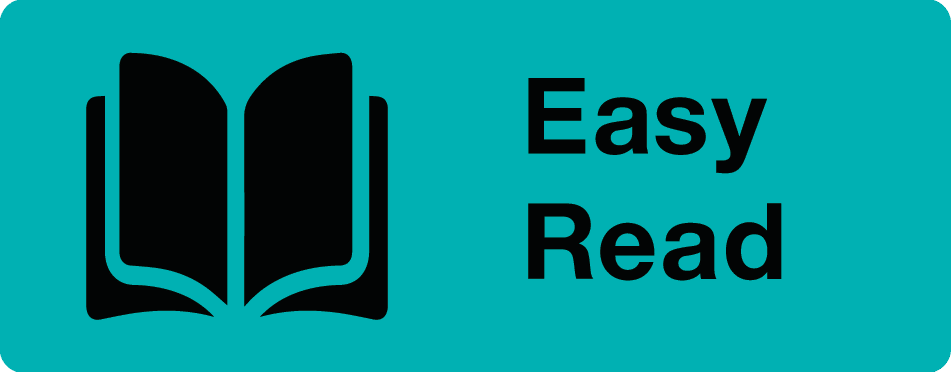Communication access is fundamentally important for a variety of reasons. Here’s a breakdown of some key benefits:
- Inclusion and Participation: When people have access to communication, they can participate actively in all spheres of life. This includes education, employment, social interactions, and civic engagement. Without communication access, individuals can be isolated and excluded.
- Dignity and Respect: The ability to communicate effectively is a fundamental human right. Communication access ensures people are treated with dignity and respect, allowing them to express themselves and have their voices heard.
- Equal Opportunities: Communication is key to accessing opportunities in life. If someone can’t communicate effectively, they may struggle to get an education, find a job, or access essential services. Communication access levels the playing field and promotes equality.
- Mental Wellbeing and Social Connection: Effective communication is crucial for mental health and well-being. It allows people to build relationships, express emotions, and feel connected to others. Limited communication can lead to isolation, loneliness, and frustration.
- Safety and Security: In emergency situations or times of crisis, clear communication is essential. If someone can’t understand or express themselves due to communication barriers, it can pose safety risks and hinder access to help.
Examples of Communication Barriers:
Here are some situations where communication barriers can arise:
- Deafness or hearing loss: Without sign language interpretation or assistive listening devices, deaf and hard of hearing individuals may struggle to communicate effectively.
- Speech difficulties: People with speech impediments or conditions like aphasia may benefit from alternative communication methods like augmentative and alternative communication (AAC) tools.
- Language differences: In multilingual societies, ensuring access to translated information and interpretation services is crucial for inclusion.
- Low literacy: Individuals with low literacy skills may need information presented in clear, concise language or alternative formats like audio recordings.
By understanding the importance of communication access, we can work towards creating a more inclusive and equitable society where everyone has the opportunity to communicate effectively and reach their full potential.




